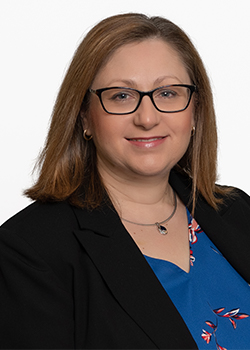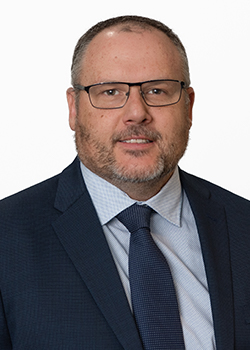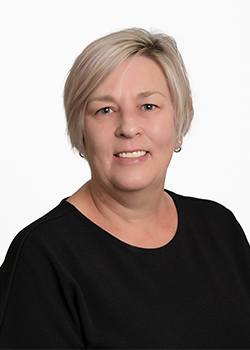Using trusts: Keeping it in the family

The use of trusts by Australians to hold different assets, including investments in exchange traded funds (ETFs), managed funds, and direct shares, continues to grow.
According to the Australian Tax Office (ATO), there are now more than one million trusts operating nationally, collectively holding assets that generate in excess of $400 billion in income a year.
Around a third of these are classified as micro trusts, because they receive less than $2 million in annual income. Another roughly 3 per cent are classified as small trusts, with annual income between $2 million and $10 million.
Why use a trust?
Trusts are used to hold assets for various reasons, but most typically for tax planning and asset protection purposes.
Rather than being an entity in their own right, like a company, a trust is actually an agreement between the legal owners of assets (the trustees) and the beneficiaries of those assets.
A company is often nominated or set up as the trustee of a trust to eliminate a trustee's personal legal responsibility to creditors. More than one party can be appointed as a trustee.
The agreement between the parties to a trust is governed by a deed, which among other things can set out what assets the trust can and can't invest in.
There are a number of different types of trust structures, however the most common is known as a discretionary trust.
Discretionary trusts are often referred to as family trusts. They give trustees the discretion to distribute income earned in the trust, or capital derived from the sale of assets within the trust, to each of the named beneficiaries.
Tax planning
Family trusts enable trustees to distribute investment income and capital to beneficiaries in the most tax-effective way.
Often that involves distributing a greater proportion of the total earned each financial year to trust beneficiaries with a lower marginal tax rate, which reduces the total amount of income tax that needs to be paid.
The ATO recently released a suite of public advice and guidance relating to family trust distributions and tax arrangements, noting it has no issue with income payments to beneficiaries on lower marginal tax rates where they simply receive or enjoy the benefit of their distributions.
However, the tax regulator does have concerns over family trust arrangements aimed at avoiding tax, where adult children on low tax rates are made beneficially entitled to income but their parents retain control over and enjoy the economic benefits of that income.
There are also still strict rules in place for trust distributions to beneficiaries aged under 18.
If a minor is entitled to a share of a family trust's income, the trustee is assessed and liable to pay tax on that income as if it were their income, unless the minor meets certain exceptions.
Unemployed minors can only be paid up to $416 tax free. Any distributions above $416 up to $1,307 are then taxed at 66 per cent, and distributions above $1,308 are taxed at 45 per cent on the entire amount.
Another aspect of tax planning in family trusts is to reduce capital gains tax. Investments in a trust held for more than 12 months receive a 50 per cent CGT discount if sold.
But keep in mind that investment losses on assets held within a trust can't be claimed and used to offset the taxable income of individual beneficiaries.
Asset protection
In addition to potential tax benefits, family trusts can also be beneficial in terms of the protection of family assets from external creditors.
That's because trust investments belong to the family trust and are not directly owned by the individual beneficiaries.
Having that ownership separation means that, in the event a trust beneficiary is sued, either as a business owner or individual, the assets within the family trust are effectively quarantined from any legal settlement.
The same applies in a situation where a trust beneficiary becomes bankrupt.
While the assets with of a family trust are protected, any trust income distributed to a bankrupt beneficiary can be applied to pay off creditors and other outstanding debts.
But the decision on whether trust income is distributed to a bankrupt beneficiary ultimately rests with the trustee.
Further information on trusts
The ATO has also recently published further information on trust income, outlining its requirements for record keeping and tax reporting.
Failure to follow the ATO's requirements could have unintended tax consequences.
Vanguard Personal Investor will soon be launching a Trusts account option, adding to our Individual, Joint, SMSF, and Company account types.
Tony Kaye
24 May, 2022
vanguard.com.au







